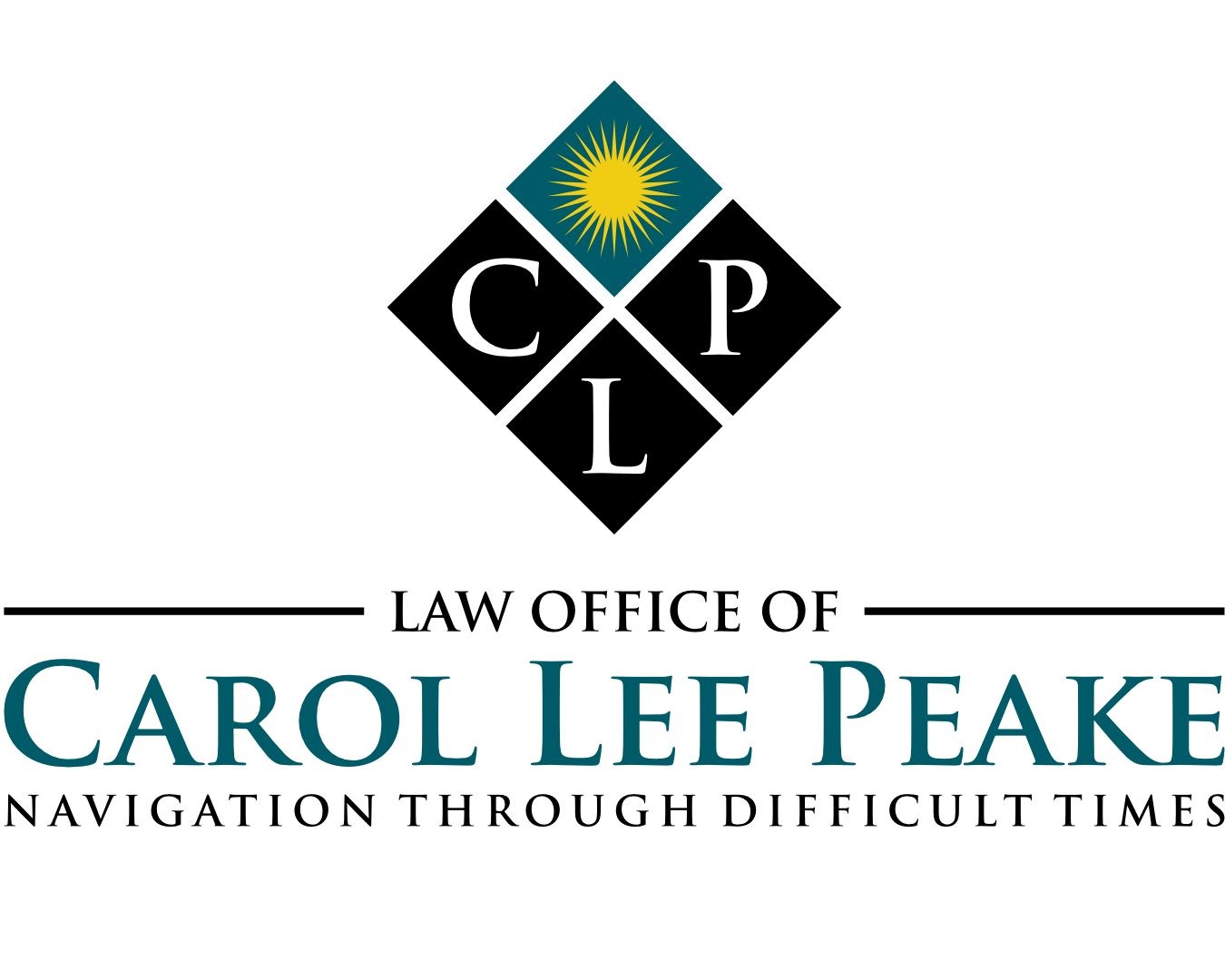What is Equitable Distribution?
Equitable distribution is a legal principle used in Florida to distribute marital assets and liabilities between spouses during a divorce. The term "equitable" means fair and just, rather than equal. Equitable distribution considers various factors to determine what is fair and just in dividing marital assets and liabilities.
Often, individuals assume that the assets they acquire are solely theirs. However, in the eyes of the court, marital assets and liabilities include all assets and liabilities acquired during the marriage, regardless of whose name is on the title or account. Some assets and liabilities, such as gifts or inheritances, may be classified as non-marital if they were acquired by one spouse before or after the marriage but generally speaking, both spouses are financially responsible for assets and liabilities while married to each other, with some exceptions.
When dividing marital assets and liabilities, the court considers factors such as:
The duration of the marriage.
Each spouse's contributions to the marriage, including financial and non-financial contributions.
Each spouse's economic circumstances, including their earning potential, income, and liabilities.
Each spouse's personal and professional skills and employability.
The desirability of retaining any particular asset, such as the marital home or a family business, as part of the divorce settlement.
Whether one spouse contributed to the education or career advancement of the other spouse.
The contribution of each spouse to the care and upbringing of the children, if any.
Any other factor necessary to do justice and to ensure equity between the spouses.
Based on these factors, the court will determine an equitable distribution of marital assets and liabilities. This may result in a 50-50 split or some other proportion of the assets and liabilities, depending on the specific circumstances of the case.
During a divorce, the Court presumes that an equal split is the appropriate way to distribute assets and liabilities between spouses. However, retirement plans, 401(k)s, IRAs, and other such assets are subject to division, with any non-marital (premarital) portion belonging exclusively to the individual who earned it before the marriage. Determining how much is pre-marital can be challenging.
It is worth noting that a liability, such as a student loan, that benefits only one party, does not make a difference. This means that you could be liable for paying a portion of your spouse's student loans, car loans, and credit card debt, among others.
It's important to speak to an attorney regarding equitable distribution in a divorce case in Florida. Equitable distribution can be a complex and contentious issue, and the outcome can significantly affect your financial future after the divorce.
An experienced family law attorney can help you understand how the equitable distribution laws apply to your specific case and can guide you through the process of identifying and valuing marital assets and liabilities. They can also help you negotiate a fair and just division of assets and liabilities, or advocate for your rights in court if necessary.
Additionally, an attorney can advise you on how to protect your interests during the divorce process and can help you avoid common mistakes that could hurt your case.
Overall, consulting with an experienced family law attorney can give you the knowledge and support you need to navigate the complex and emotional process of divorce and equitable distribution in Florida.
If you are in need of a Divorce or Family Law Attorney, call the Law Office of Carol Lee Peake at (386) 868-4039 for a consultation.
DIVORCE AND FAMILY LAW ATTORNEY SERVING CLIENTS IN:
Daytona Beach, Port Orange, Ormond Beach, New Smyrna Beach, Deland, Deltona, Palm Coast, Flagler Beach, Volusia County, Flagler County and all surrounding areas.


